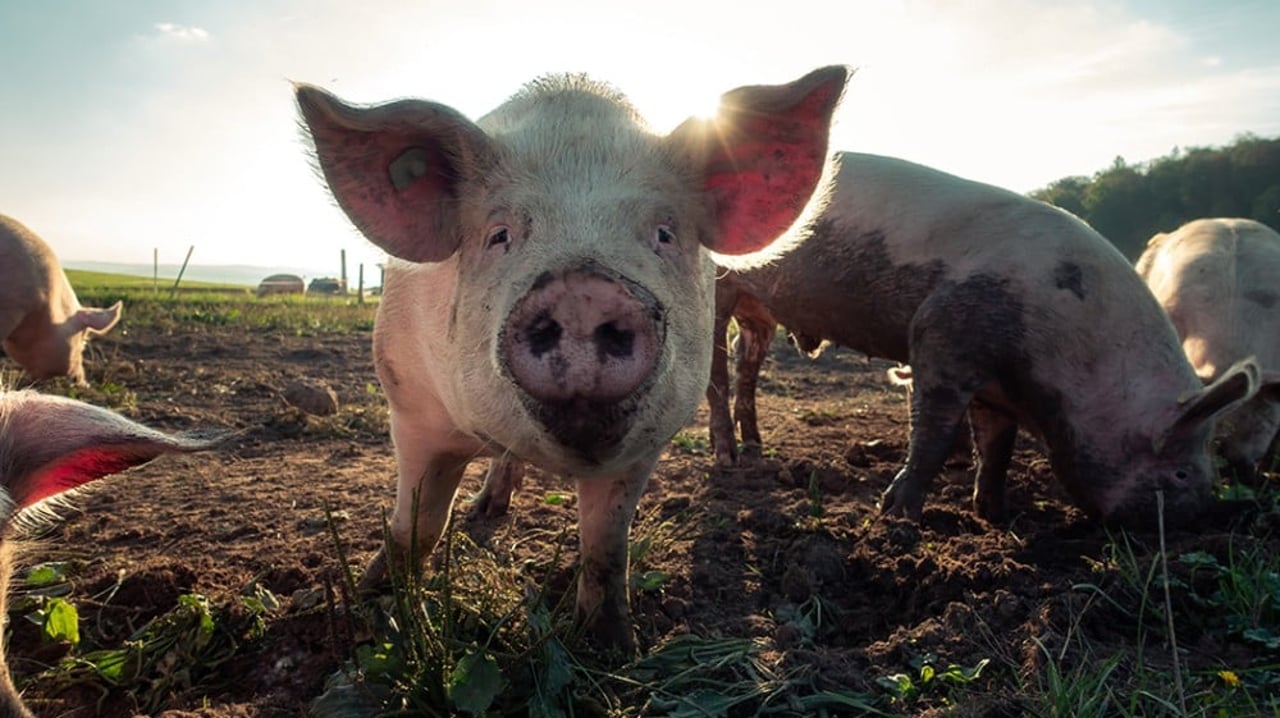
There's a lot at stake here.
This week the Real MEAT (Marketing Edible Artificials Truthfully) Act of 2019, a bipartisan piece of legislation, was introduced to the US House of Representatives by Anthony Brindisi (D-NY) and Roger Marshall (R-KS). The proposal calls for a federal definition of beef, requires plant-based meat products be prominently labeled with the word “imitation,” and that any food labeled as “beef” be derived from a cow.
This sort of legislation might sound familiar to anyone who has been following the growth of plant-based foods, which has increased a whopping 11% between 2018 and 2019 to $4.5 billion in the US. Over the last few months, lawmakers in nearly two dozen states have passed bills banning plant-based milks and meats from using the terms “milk” or “meat” for their products. This recently introduced legislation is an escalation, as it would be imposed on products sold in every state across the country if passed.
While the sponsors of this legislation and the meat industry claim it will protect consumers, the reality is it would violate producers’ First Amendment rights. Furthermore, it is unnecessary because federal law already prohibits misleading labels, and it would disrupt the free market by favoring the meat industry over plant-based companies.
The meat industry wants the government to protect it from competition and the plant-based meat industry simply wants a level playing-field.
According to market research firm Zion, the global plant-based meat market was valued at about $12 billion in 2018 and is forecasted to grow to an estimated $21 billion by 2025. But it’s not just plant-based businesses who stand to lose here. The rise in popularity of plant-based foods over the last few years has driven a global movement towards meat reduction which benefits public health, the environment, and animals. Without this shift to a reduced-meat diet, it will be nearly impossible to make meaningful welfare improvements for farmed animals, as well as reach the climate goals set forth by the Paris Agreement.
It is imperative that the Real MEAT Act is defeated, however, you don’t need to wait to see how this plays out in Congress. By eating less meat you can make a direct impact on the lives of farmed animals, your health and the planet. Pledge to reduce your meat consumption today!

